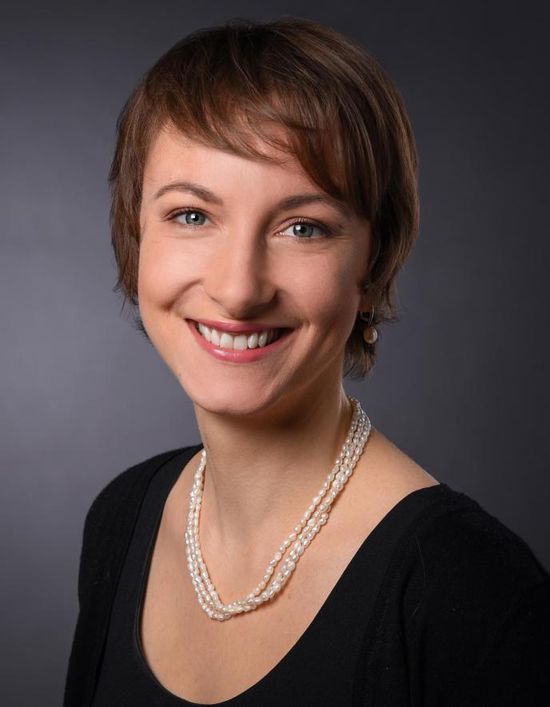An error occurred while loading the video player, or it takes a long time to initialize. You can try clearing your browser cache. Please try again later and contact the helpdesk if the problem persists.
In this course you will be introduced to computational learning theory and get a glimpse of other research towards a theory of artificial intelligence.
Our starting point will be a hands-on binary classification task. Basically, this is the challenge of classifying the elements of a given set into two groups (predicting which group each one belongs to) on the basis of given labeled data. Thus the goal of the supervised machine learning algorithms is to derive a correct classification rule. Our interest lies in strategies that work not only for one specific classification task but more universally for a pre-specified set of such. You will get to know a formalization of the aforementioned notions and see illustrating examples. In the main part, you will get to know different learning models which are all based on a modular design. By investigating the learning power of these models and the learnability of the prominent set of half-spaces, we also give arguments for how to choose an appropriate one.
语言: English
Big Data and AI, Expert
课程信息
In this T-shaped course you will be introduced to computational learning theory and get a glimpse of other research towards a theory of artificial intelligence. "T-shaped" means that on the one hand we will concentrate on different learning models in depth, on the other hand we want to give a broad overview and invite experts from other AI projects to show what else can be done in AI and theory of computer science research.
The focus is on learning from informant, a formal model for binary classification, for example by a support vector machine or perceptron. Illustrating examples are linear separators and other uniformly decidable sets of formal languages. Due to the learning by enumeration technique by Gold the learning process can be assumed consistent when full-information is available.
After the proofs of the latter observations, the model is adjusted towards the setting of deep learning. We first investigate the learnability of the set of half-spaces by this incremental learners and then show that they have less learning power than the full-information variant by a fundamental proof technique due to Blum and Blum. Finally, we will apply this technique to also separate consistency.
Beyond these models, we present and visualize applied binary classifiers and you will get concentrated insights into other approaches towards a theory of AI and important topics in theoretical computer science. These include evolutionary algorithms, fair clustering, game theory, low-dimensional embeddings, stable matchings, 3-satisfiability and submodular optimization.
Further, more models in Gold-Style computational learning theory are being discussed by experts in the second week.
Course characteristics:
- Language: English
- Starting from: October 6, 2020
- Course end: October 27, 2020
- Duration: 2 weeks + 1 examination week
- Course requirements: familiarity with mathematical notation (basic studies at the university)
Target audience
- everyone who is interested in models of AI and like mathematical accuracy/evidence
- students who follow mathematics lectures (e.g. mathematics, physics, computer science, cognitive science/systems, computational linguistics)
- (hobby) scientists who have already come into contact with formal mathematics (definitions and proofs)
订阅本课程
Learners
评分
本课程已由31位用户进行了五分制评分,平均得分为2.42
证书要求
- 课程证书 授予者需要至少取得课程总分的百分之 50%。
- 参与证明 授予者需要至少学习了所有课程资料的百分之 50%。
- 完成课程可获得开放徽章。
欲知详情,请访问证书指南.
该课程提供者

Karen Seidel is a PhD student in the Research Group for Algorithm Engineering at the Hasso-Plattner-Institute (HPI) in Potsdam, Germany. Her previous research in Artificial Intelligence focuses on modelling learning with Automata and Turing Machines. She graduated from the University of Bonn with a master in mathematics and worked in Mathematical Logic and Cognitive Mathematics at the Universities of Münster, Osnabrück and Cologne. She has wide-ranging experience in teaching and works at the HPI since 2017.